
From a glance, I understand that oat milk might see like a great healthy option, so I wanted to provide some insight as to why I actually think it’s important to avoid drinking oat milk. When visiting Europe, we found it to be more popular in Europe over almond milk whenever we went to coffee shops. It may be plant-based, dairy-free and a great option for those who are lactose-intolerant or allergic to milk, but personally, I don’t drink oat milk and I wanted to share why as a dietitian and nutritionist. As always, I think it’s so important to understand exactly what you’re consuming and the possible effects it has on your body and for that reason, I’m sharing my three reasons for avoiding oat milk below.
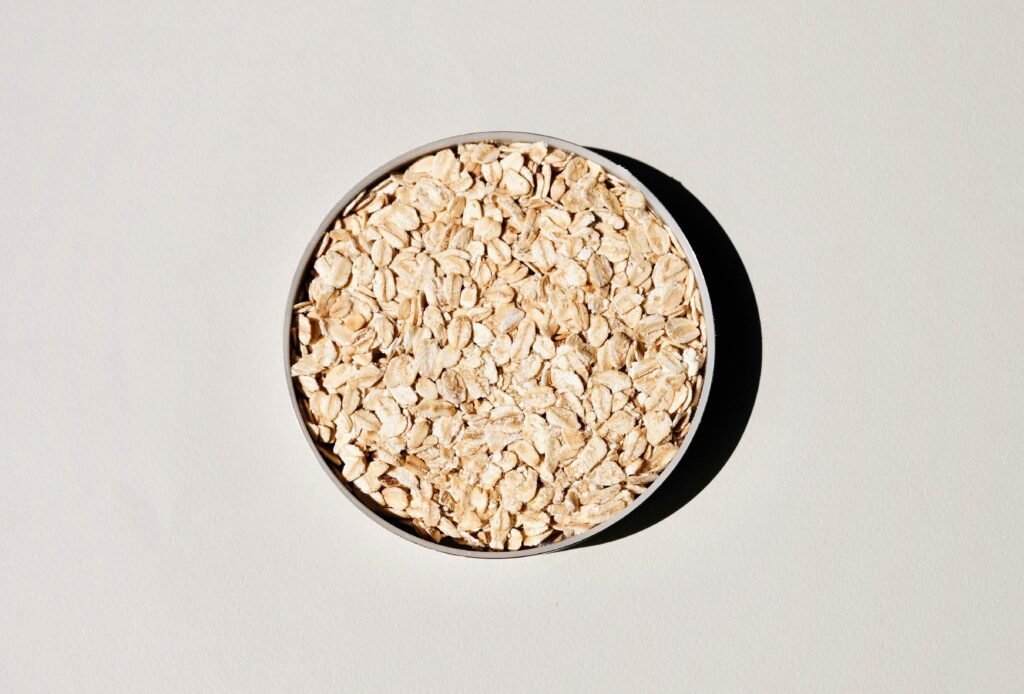
Why I Avoid Oat Milk as a Registered Dietitian :
- Oat milk is typically made with vegetable oils like rapeseed, canola and sunflower oils, which cause inflammation in the body. Adding fats like this is known to increase the texture, but I like to avoid inflammatory oils as often as possible (I wrote more about this here). Here are a handful of brands that include added oils: Oatly, Silk, Chobani, Califia Barista Blend, Rise Brewing
- The process that turns oats into oat milk includes enzymes that break down the oats, turning them into maltose, a high-glycemic sugar that’s responsible for the sweet taste. High-glycemic foods can cause increased blood sugar levels and it’s something we should be on the lookout with our favorite food & drinks. A way to alleviate the rapid increase in blood sugar would be to combine the oat milk with nutrient-dense foods that are rich in protein, healthy fats, and/or fiber. You know I’m a big advocate for keeping added sugars to a minimum in our diets, so if you have the option, I’d recommend an alternative milk that’s higher in protein, like almond or cashew (making them from home helps increase their protein content, too!).
- Oats are widely sprayed with glyphosate, a heavily-used chemical and weed killer, otherwise known as Roundup. Glyphosate is carcinogenic, meaning it’s a cancer-causing pesticide, it disrupts your microbiome, and will be banned in the EU after December 15, 2022. Unless you know you’re consuming organic oats (far less exposure to glyphosate), this is something to keep in mind when you’re grocery shopping / ordering a coffee.
Long Term Affects of Seed Oils & Glyphosate
What really concerns me are the potential long-term health implications that we’re only beginning to understand. Some research suggests that chronic glyphosate exposure might disrupt our gut microbiome—the delicate ecosystem of bacteria that’s crucial for everything from immune function to mental health. There’s also emerging evidence linking glyphosate to endocrine disruption, which could affect hormone balance over time. While the research is still developing, I’ve seen studies suggesting potential connections to inflammatory conditions and even concerns about its classification as a probable carcinogen by the International Agency for Research on Cancer.
The combination of glyphosate residues and inflammatory seed oils in my daily coffee routine? That’s a hard pass for me. There are so many other plant milk options out there—from organic coconut milk to homemade almond milk—that I don’t feel like I’m missing out. Sometimes the most popular choice isn’t necessarily the best choice for our bodies, especially when we’re thinking about the cumulative effects of what we consume day after day, year after year.
That being said, there is one brand I *do* recommend if you’re going to consume oat milk and it’s called MALK (made with organic oats). I’m lactose intolerant, so the dairy-free milks I like to stick to instead of oat are almond, coconut and cashew milks. Click here for the recipe to my Homemade Cashew Milk 🙂
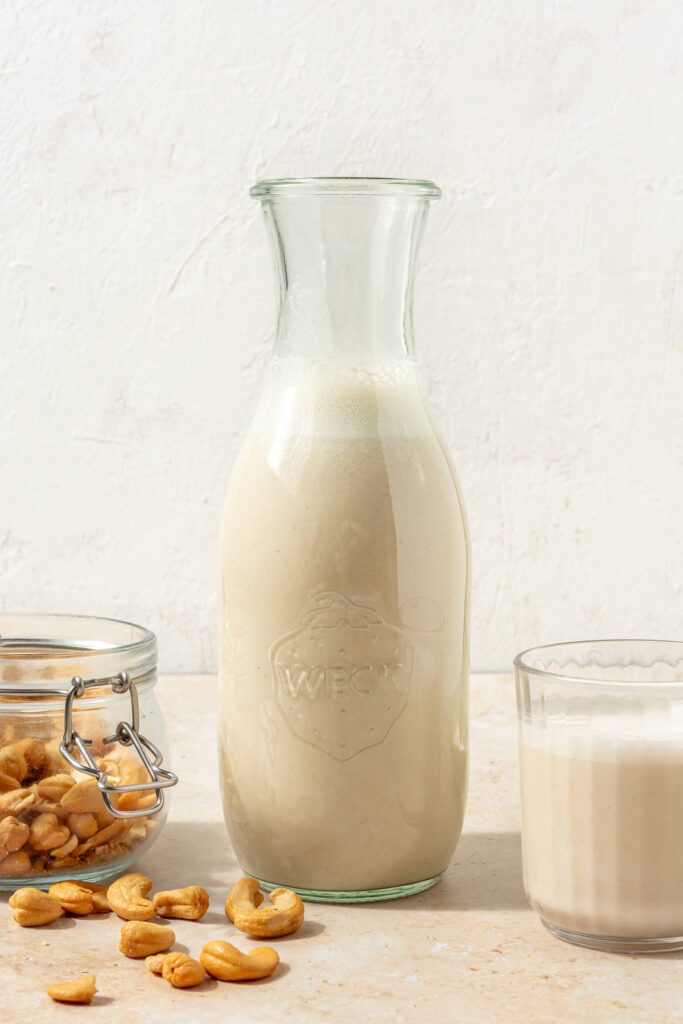


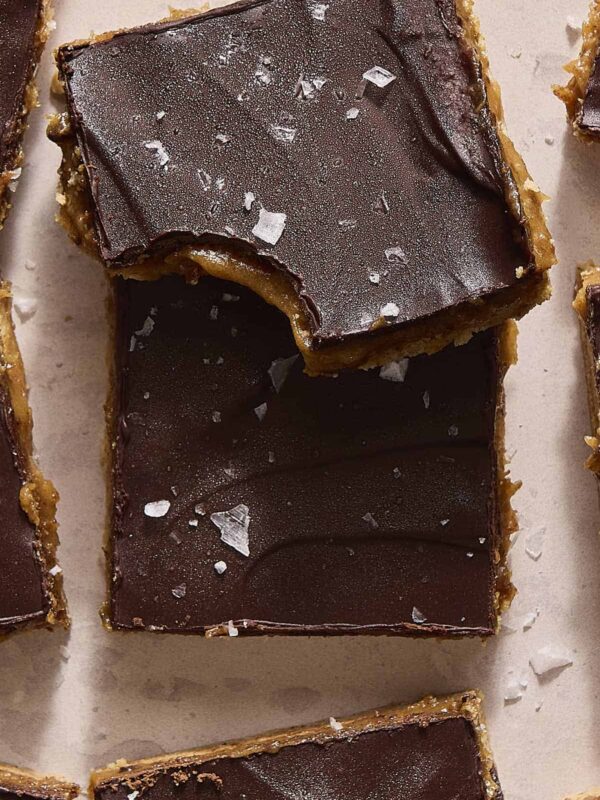

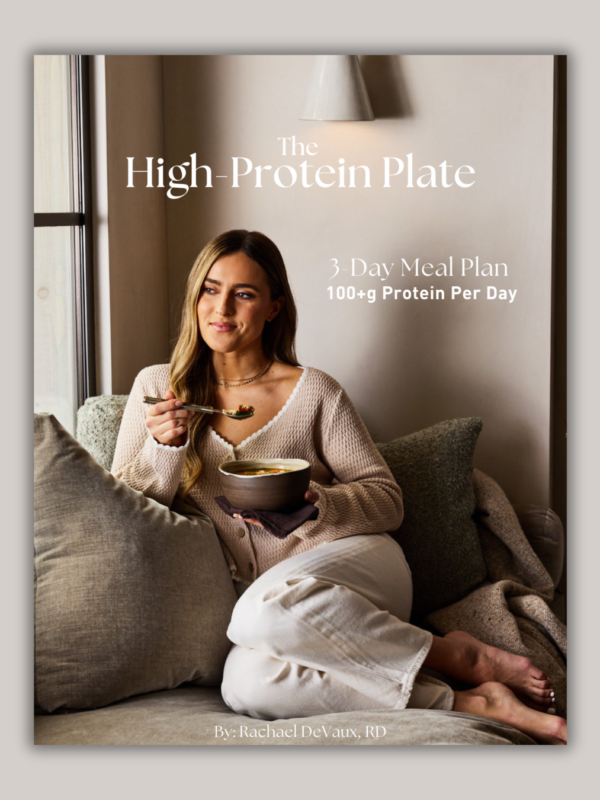









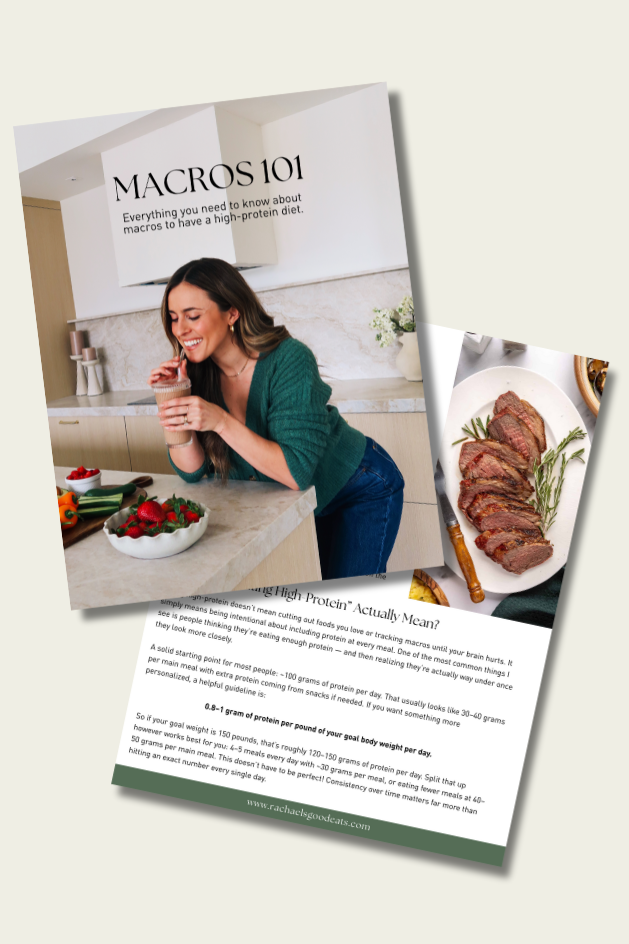
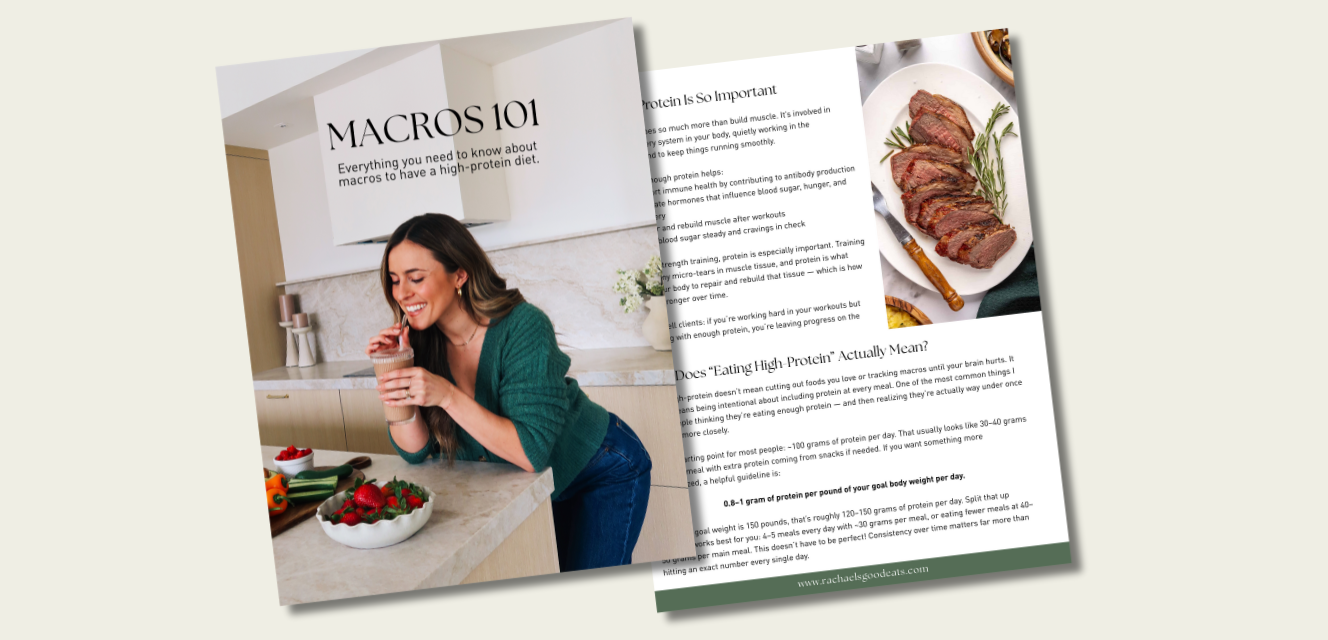
Years ago my naturopath told me I was allergic to milk a d also to eating potatoes within a few hours of grains…so lately I tried some new milks like oat and it caused inflammation….tha KS for most informative data
Hi, Rachel.I am on a gluten and dairy free diet and have been for over forty years.
I have recently been told by a dietician to go onto a low residue diet. It also needs to be a low fat diet. Under 40 g of fat which is not Usually a problem for me.As I do not usually eat a lot of fat, However birthdays and special days like mothers day, do bring with them birthday cakes etcetera.
I wonder if you have.
Recipes that would make my life a little less dangerous to eat.
It seems to be composed almost entirely of carbohydrates and meat, as the dietician has put nuts Beans pulses add all the normal things that I would eat off limits.
She told me that I could end the forty grams of fruit and forty grams of vegetables a day. It made me feel terribly ill.So I need to increase that and she said eighty grams of vegetables but I have had to increase it again.
It seems that fat really does make me have dreadful diarrhoea.As I have bile acid malib’s option as well as a whole range of other gastrointestinal problems, Including having had my code on removed and joined up when I was twenty one due to U.C.
I have managed to eat a fairly well balanced diet up to the last 6 months, then lots of diarrhoea.
I have been on this crazy diet for about eight weeks now. I am pretty sure that I had magnesium deficiency as my lips were buzing and I was dizy most of the time.
The decision told me that I would probably become vitamin deficient, so I need to take a vitamin supplement, which I do.
Please can you point me to any of your recipes that might make life less boring.I’m quite adventurous.
Thank you.
Sorry Rachel this is in the wrong place. Please remove, as I cannot.
By the way I have been shocked at how many carbs are in oat milk, and that most of it is not gluten free.
One thing I researched about Oat milk and almond milk which I didn’t know is it is also high in lectin which may explain my inflammation . I drink Oat milk often so besides coconut milk, I’m not sure what else is good, any ideas?
Scary stuff !
Or maybe just influencing your emotions ?
We should question the motives of this article.
She cites reasons to avoid oatmilk, yet provides no sources to backup those claims. The writer also fails to provide the practical and positive attributes of oatmilk.
Oatmilk is getting very popular and giving dairy milk a lot of competition. It’s also edging out All of the other dairy alternatives.
It’s strange that you avoid oatmilk for inflammation and you eat nutmilk! Almond and cashew are high in omega-6 and cause much more inflammation. I get acnes on my skin even after eating a handful of these nuts, let alone drinking a glass of them.
The problem with oat for me is its high-soluble fibers. Yes it’s good for colon cleansing, but two cups of oatmilk are a lot more than what my colon needs and I might get diarrhea a little bit. Also the sugar was a fair point, I get into immediate food coma after drinking oatmilk.